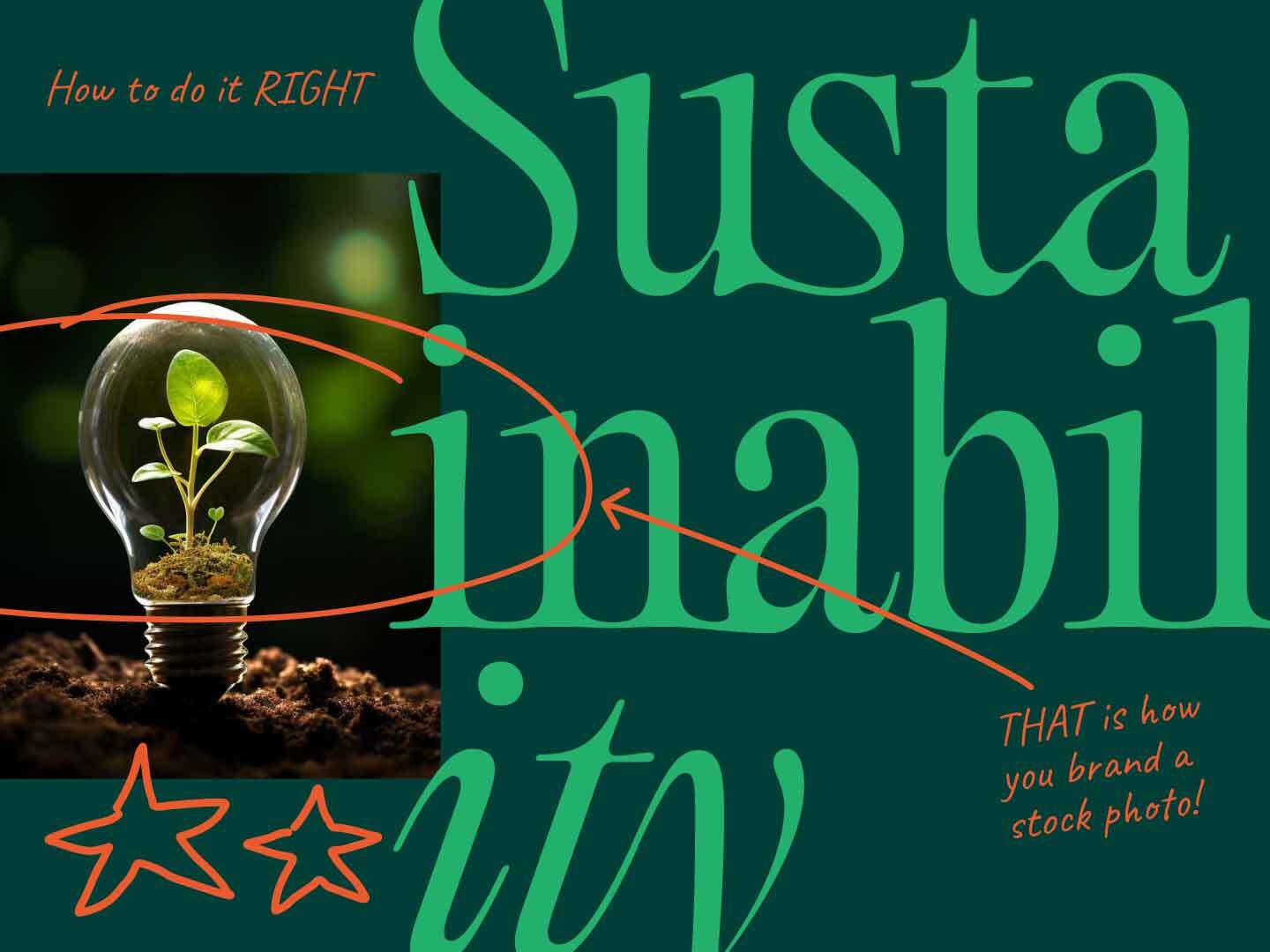
Key Takeaways
- Consumer Awakening: The Rise of Conscious Consumption
- Ethical Marketing: Beyond the Greenwash
- The Tangible Benefits of Ethical Branding
- Embracing Transparency: The Way Forward
The zeitgeist of the 21st-century consumer has experienced a definitive shift. Brands no longer enjoy the luxury of remaining aloof from global concerns. In today’s marketplace, sustainability and ethical considerations aren’t just “nice-to-haves”—they’re imperatives driving purchase decisions. Ethical marketing has transcended from being a niche strategy to a dominant competitive advantage. Here’s why.
Consumer Awakening: The Rise of Conscious Consumption
Today’s consumer is informed, engaged, and discerning. The accessibility of information has led to a surge in conscious consumption. Millennials and Gen Z, who constitute a significant chunk of the buying populace, are willing to pay a premium for products that align with their values. A recent Nielsen survey found that 73% of global consumers would definitely or probably change their consumption habits to reduce environmental impact.
Ethical Marketing: Beyond the Greenwash
However, this surge in eco-consciousness has also led to a phenomenon called ‘greenwashing’, where brands superficially tout eco-friendly credentials without substantial backing. True ethical marketing transcends superficial claims. Brands like Patagonia, Psudo, and Lush have rooted their entire ethos in sustainability, and their marketing narratives reflect these genuine efforts. It’s no coincidence that these brands have cultivated fiercely loyal customer bases. On the other hand, we have seen brands like beer giant Bud Light who attempt to leverage ethical marketing suffer severe backlash from their consumers. This is a clear example of a company not truly rooting its business in its values.
The Tangible Benefits of Ethical Branding
While only one among many brand awareness strategies, ethical branding is a moral imperative for conscientious 21-century businesses. And for the ones that do it right, it also offers business advantages, including:
- Enhanced Brand Loyalty: Customers are more likely to remain loyal to brands that share their values. Ethical stances lead to deeper emotional connections, translating to repeat purchases and brand advocacy.
- Access to Premium Pricing: Ethical branding, when communicated effectively, allows for premium pricing. Consumers are willing to pay more for products they believe have a positive impact.
- Risk Mitigation: Brands that actively pursue sustainability and ethical practices are less likely to face regulatory fines, PR crises, and boycotts.
- Attracting Top Talent: A company’s stance on sustainability can be a positive factor not just for sales, but for potential employees. A LinkedIn survey showed that 74% of candidates want a job where they feel their work matters.
Embracing Transparency: The Way Forward
For ethical marketing to serve as a competitive advantage, transparency is paramount. Blockchain technology, for instance, is helping brands provide verifiable proof of their supply chains, ensuring ethical sourcing and production. By openly showcasing efforts, successes, and even areas of improvement, brands can foster trust, turning skeptics into brand champions.
Moreover, collaboration is key. Whether it’s joining forces with NGOs, partnering with sustainable startups, or engaging in community efforts, collective action amplifies impact.
Conclusion
In a world grappling with climate change, resource depletion, and social inequalities, the onus on brands is heavier than ever. However, this responsibility also presents a profound opportunity. Ethical marketing, rooted in genuine sustainability efforts, can be a brand’s most potent competitive advantage. In the race towards a better future, brands that lead with purpose and authenticity will not just survive but thrive. If you have a brand that needs help sharing its ethical practices and goals with consumers, we would love to help you.
